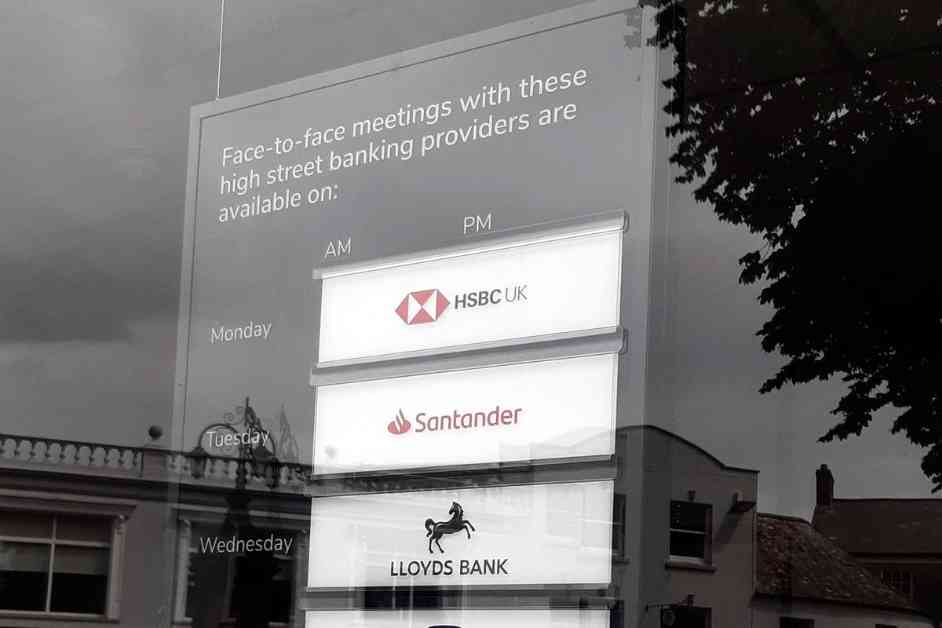Banking Hubs Revolutionizing Access to Cash Across England, Scotland, and Wales
In response to the evolving landscape of banking services and the increasing reliance on digital transactions, the introduction of banking hubs across various communities in England, Scotland, and Wales has been deemed a significant step towards ensuring continued access to cash for both individuals and businesses. These hubs, shared spaces operated by multiple banks, offer a range of basic banking services and cash access, providing a lifeline for those who still rely on physical currency in their daily transactions.
Enhancing Cash Accessibility for Local Communities
The initiative to establish banking hubs comes at a time when many communities are facing the closure of bank branches and ATMs, leaving residents and businesses with limited options for accessing cash. By providing a central location where individuals can deposit and withdraw cash, as well as seek assistance from banking professionals on more complex matters, these hubs aim to bridge the gap between traditional banking services and the digital banking landscape.
Adrian Roberts, deputy CEO of Link, emphasized the importance of this initiative, stating, “Today is an important moment for the millions of people across the country who either rely on or prefer to use cash on a regular basis.” The implementation of these banking hubs not only ensures continued access to cash for those who require it but also demonstrates a commitment to supporting local communities and businesses that may struggle with the transition to digital banking.
Impact of New Access to Cash Rules
Under the supervision of the Financial Conduct Authority (FCA), new rules have been put in place to assess the impact of changes to local banking services on cash accessibility. Banks and building societies are now required to evaluate the consequences of branch closures or ATM removals on communities, ensuring that adequate measures are in place to address any gaps in cash access. Additionally, residents, businesses, local representatives, and charities have the opportunity to request reviews of cash access in their communities, prompting the establishment of banking hubs where necessary.
Link, the organization responsible for overseeing these assessments, has already identified several communities where banking hubs will be delivered, including Normanton in West Yorkshire, Whitley Bay in Tyne and Wear, Market Harborough in Leicestershire, and Monmouth in Monmouthshire, Wales. These locations were selected based on the need for enhanced cash access and the potential impact on local businesses and consumers.
Ensuring Long-Term Access to Cash
With the introduction of banking hubs and deposit services, Cash Access UK has made significant strides in expanding access to cash across the country. As the organization continues to open new hubs in various communities, the goal remains to ensure that individuals and businesses have reliable access to physical currency for their financial transactions. By working in collaboration with major high street banks and the Post Office, these hubs offer a comprehensive range of banking services tailored to meet the needs of diverse customer bases.
The reassessment of previously announced bank closures by Link has enabled the identification of additional communities that will benefit from the establishment of banking hubs. Locations such as Harpenden in Hertfordshire and Huntly in Aberdeenshire, Scotland, have been earmarked for the delivery of these services, addressing the growing demand for accessible cash services in these areas.
In conclusion, the introduction of banking hubs represents a significant step towards ensuring continued access to cash for individuals and businesses across England, Scotland, and Wales. By collaborating with key stakeholders and implementing new access to cash rules, these hubs are poised to play a crucial role in supporting local communities and businesses that rely on physical currency for their financial transactions. As the banking landscape continues to evolve, the importance of maintaining access to cash for all remains a top priority for financial regulators and industry stakeholders alike.












